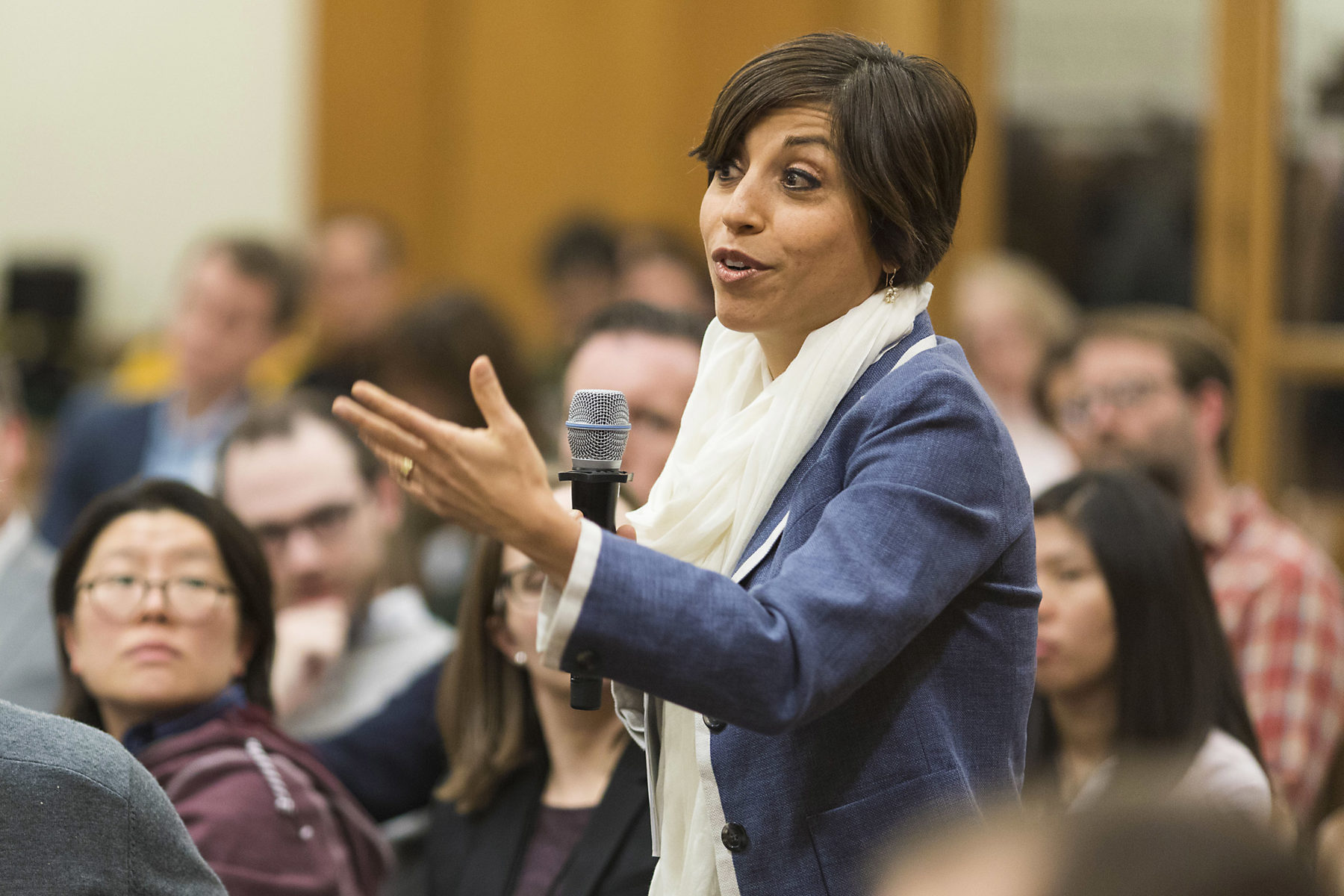Biden’s Comptroller of the Currency will have an opportunity to dramatically shift the banking industry. The Office of the Comptroller of the Currency oversees 1,200 banks with total assets of around $14 trillion, approximately two-thirds of the total in the U.S. banking system, and is charged with enforcing the Fair Housing Act of 1968 and the Community Reinvestment Act. The OCC manages charters for banks that operate across state lines, sets rules on how much risk banks can take on, and is responsible for taking supervisory actions against banks that engage in risky practices.
Here are some relevant components of Mehrsa Baradaran’s background.
- Mehrsa Baradaran’s History Of Challenging The Status Quo
Baradaran has not shied away from challenging the “neoliberal consensus,” pressing her entire career for a more equitable financial system and condemning the failures of our current system. In March 2020, Baradaran wrote that the coronavirus pandemic laid clear the basis of our economy: that “the imperatives of economic growth conflict with lives lost,” and argued that the pandemic should be a “wake-up call to address our nation’s ongoing epidemics.” She has repeatedly condemned the era of neoliberal deregulation and the consolidation of the banking industry, and as Comptroller, she could be a strong regulator who favored public interest ahead of corporate profits.
- Baradaran’s Breadth of Experience in the Financial Sector and Government
Baradaran also has a deep well of experience working within the financial system and in the government to advocate for change. After a stint at BigLaw, Baradaran shifted her career to advocating for progressive policies as a law professor. In 2020, she worked with several presidential candidates including Bernie Sanders, Kristen Gillibrand, and Elizabeth Warren, and since November 2020, Baradaran has been working with the Biden Transition to ensure a racial justice lens throughout their economic policy priorities.
- Baradaran Has Worked To Expand Access to Banking and Protect the “Unbanked”
The OCC lists one of its main goals as “ensuring fair access and equal treatment to bank customers.” There is no one better equipped to do this than Mehrsa Baradaran, whose career has centered on promoting accessibility and equity in the banking industry. Baradaran is one of the leading voices pushing for Postal Banking, an idea which would radically reshape the banking industry. Postal banking would expand access to banking services for people who are currently unbanked, a population disproportionately made up of people of color. Instituting postal banking would also help the USPS, a struggling agency during the current economic crisis, and provide competition for private banks, pushing them to invest in communities they overlook or decline to offer services to.
Baradaran’s 2015 book, “How the Other Half Banks,” sheds light on how poor Americans were disenfranchised from the banking system, and she has previously written about the role of the payday industry and predatory lenders in exploiting unbanked people. Baradaran argues that the banking industry’s failure to provide basic services for unbanked people led to the rise of predatory lenders, an essential connection for the OCC to identify and repair.
- Baradaran Would Bring a Racial Justice Lens to The OCC
Postal banking and expanded banking access would also help address the racial wealth gap, another responsibility of the Office of the Comptroller of the Currency. The OCC has the potential to make racial equity a priority in banking; it is responsible for ensuring national banks are following the Fair Housing Act of 1968, which banned the practice of racial discrimination in housing, or “redlining,” and the Community Reinvestment Act. In the past four years, the OCC has ignored their enforcement duties, with the Trump-appointed Comptroller of the Currency Joseph Otting saying in 2018 that he had “not personally observed” any racial bias in banking. A ProPublica investigation in July 2020 found that under the Trump Administration, the OCC shelved at least six investigations of discrimination and redlining.
Baradaran has been a leading voice in focusing banking policy on racial justice. Her book “The Color of Money: Black Banks and the Racial Wealth Gap” argued that housing segregation like redlining and racist credit policies created an “economic trap for Black communities and their banks,” emphasizing the need for structural change in the entire banking industry, instead of Black banking and “community self-help” that was systematically undermined and under-resourced.
- Baradaran Would Likely Use the OCC to Address Climate Change and the Banking Industry’s Role
In addition, as the Revolving Door Project has noted, Biden’s Comptroller of the Currency has the opportunity to shift how the banking industry addresses climate change. A climate-aware and action-oriented OCC could require major banks to address climate change in their risk assessments and disclosures, or even threaten to revoke charters from banks investing in projects that exacerbate the negative impacts of climate change. Baradaran has already shown a deep understanding of the societal and financial impacts of climate change, and argued for a change to the status quo that prioritizes economic profit over the environment and human lives.
Baradaran seems committed to challenging the status quo of our financial system that sidelines poor and marginalized communities. The OCC has long been part of a banking system that reinforces racial injustice rather than addresses it — and that remained largely true even after Dodd-Frank was passed and implemented by Obama’s regulatory team. Voices like Baradaran’s are valuable in reconsidering financial regulation and helping raise the bar for who is and who is not an adequately zealous regulator.

